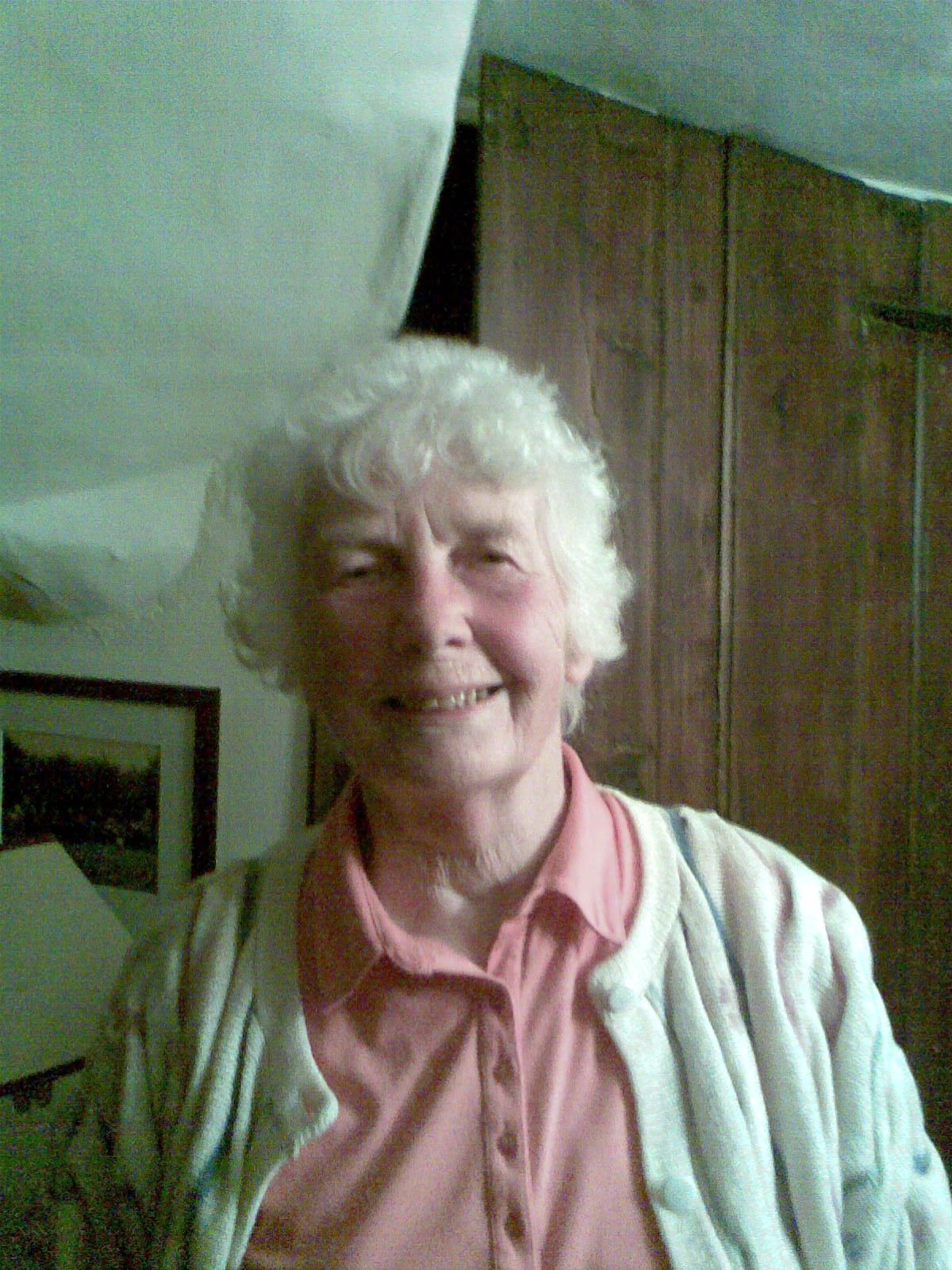I’ve just started reading “I and Thou” by Martin Buber. It’s a poetic piece that is experienced emotionally as much as read intellectually. I started it a very long time ago and gave up on it. This time round I’m entranced. I want to highlight every line. I shall have to be careful or I shall end up wandering round Aylesbury loudly declaiming my favourite parts. (I’ve spent 25 years in psychiatric hospitals and have always enjoyed being able to leave when my shift finished. I do not want to stay there involuntarily so I shall content myself with writing a blog and boring my wife with “Have you heard this?” Or “Buber says this. Isn’t that brilliant?”
Early in his essay, Buber sets out his basic premise; that there are two kinds of relationships: “I and Thou” and “I and It”. My understanding is that we move between these kinds of relationships. We have these two relationships with different things and different people at different times. Buber puts it so ,”Every It
is bounded by others. It
exists only through being bounded by others. But when Thou
is spoken, there is no thing. Thou
has no bounds”. I’m not sure I fully understand him but I can give an example of an I=Thou encounter. The first time I saw Rodin’s sculptures I was deeply moved. His John the Baptist and The Prodigal Son moved me nearly to tears. There was something about that first encounter that I’ve never experienced since. I’ve seen theses works a number of times now and still enjoy them. But they have lost some of their impact. In Buber’s terms, my first encounter was boundless. It was pure experience. There was no attempt at understanding the processes involved. It just WAS… Subsequently my response is a little more measured, a little more bounded. (Perhaps akin to falling in love and being in love.) 
Later in his essay Buber has this to say about words, what he calls primary words i.e. “I and Thou”and “I and It”: “Primary words do not describe something that might exist independently of them, but being spoken they bring about existence.” I’m reminded of the idea in Genesis of God calling the world into existence and this bestowing on it the status of “Thou”. (An idea that chimes with much of the current discussion about environmentalism and our place in the material world.)
What has this to do with therapy? It seems to me that in a therapy session there are “I and Thou” moments and “I and It” moments. Sometimes we are calling into being new life. An insight is gained. Something is understood for the first time. A sacred moment has been shared. (The roots of “Sacred” lie in ideas of ratifying or ordaining. Of validating something or someone. Definitely an “I-Thou”matter.) These encounters have been described as “moments of meeting” with the association being made to the way a mother plays with her baby, cooing and making eye contact.)
At other times the baby is left to play happily by itself, albeit with mother sitting quietly watching. These moments occur in therapy where the therapist’s role is to be present with patient whilst they play and make their own discoveries. these seem akin to “I-It” moments. As important but less intense.
In both these encounters something is created and bought to life. Something now exists that did not exist before that encounter.
Don't give up








